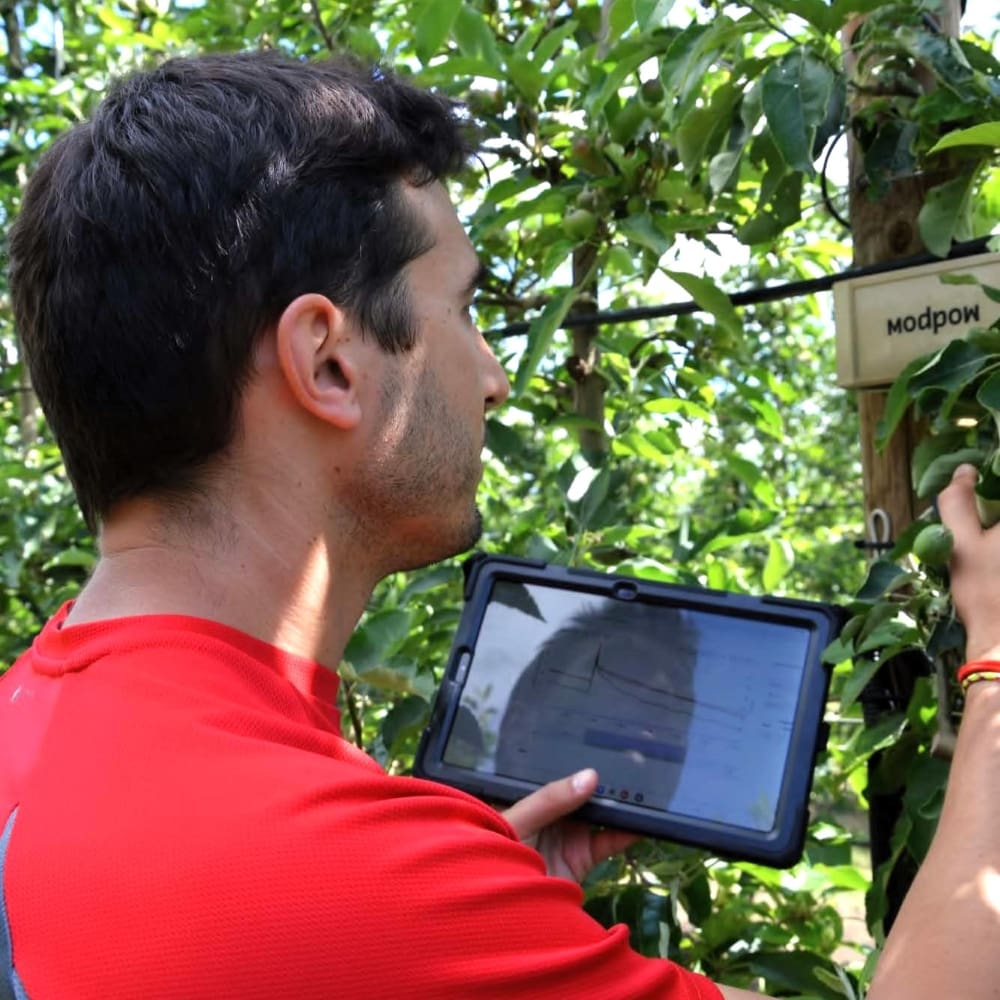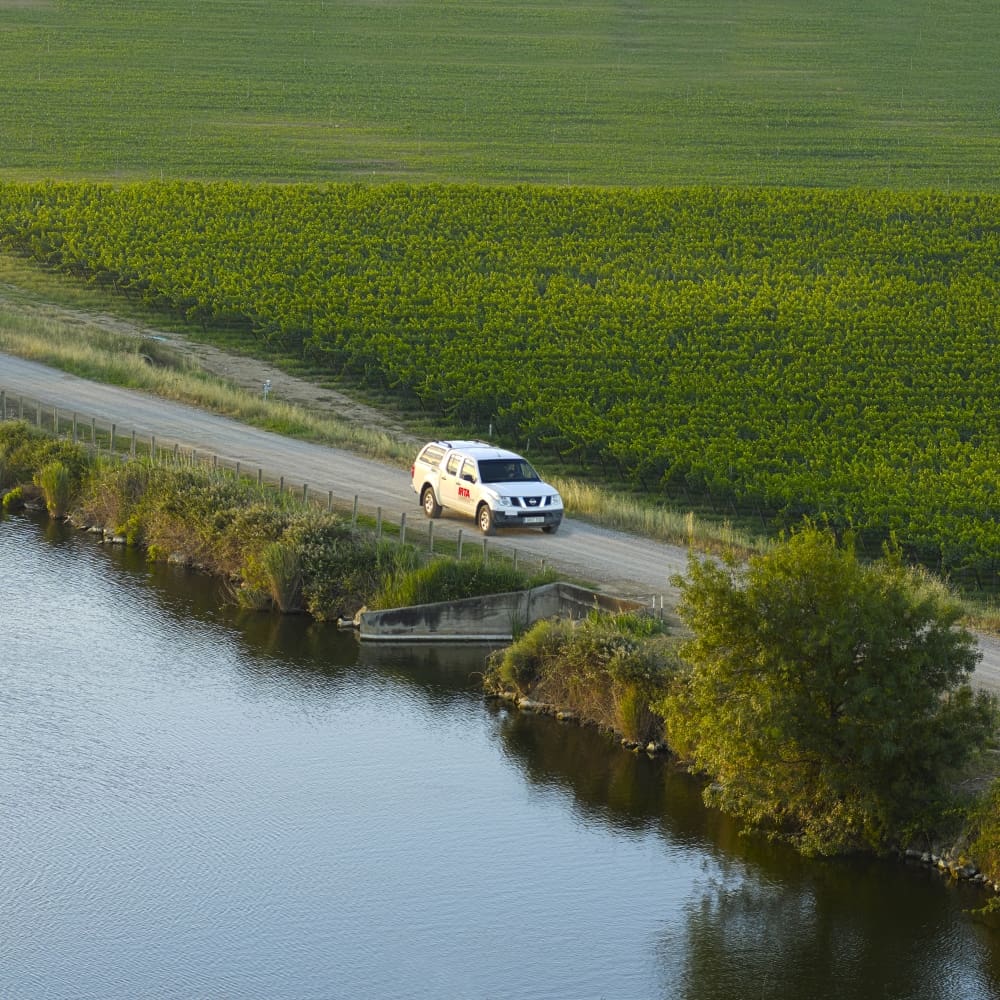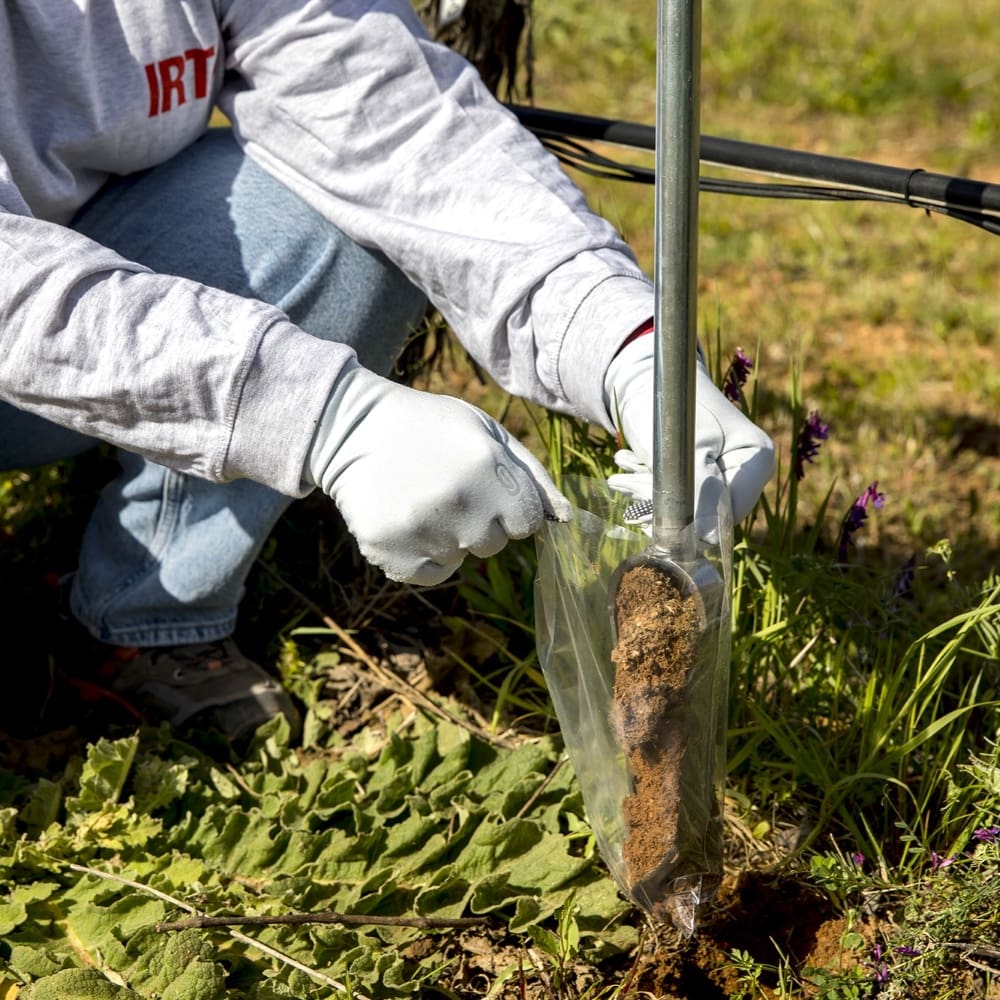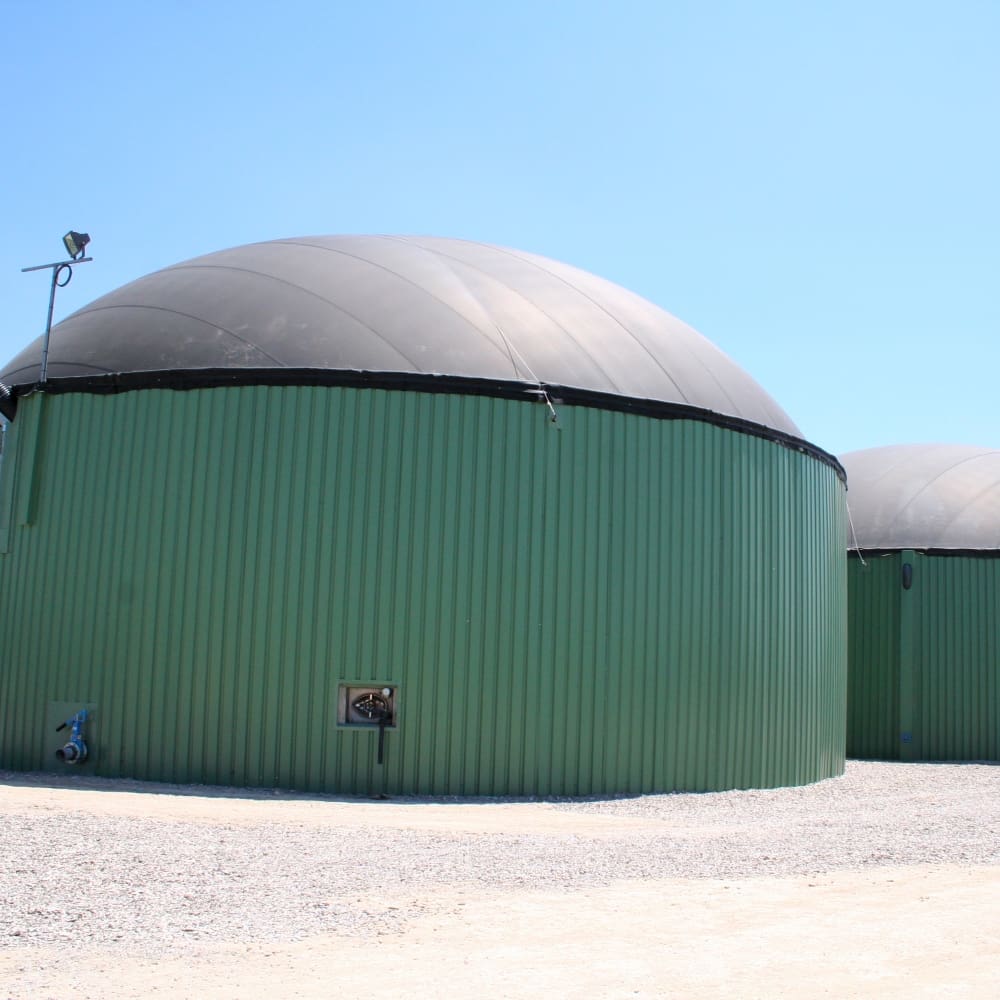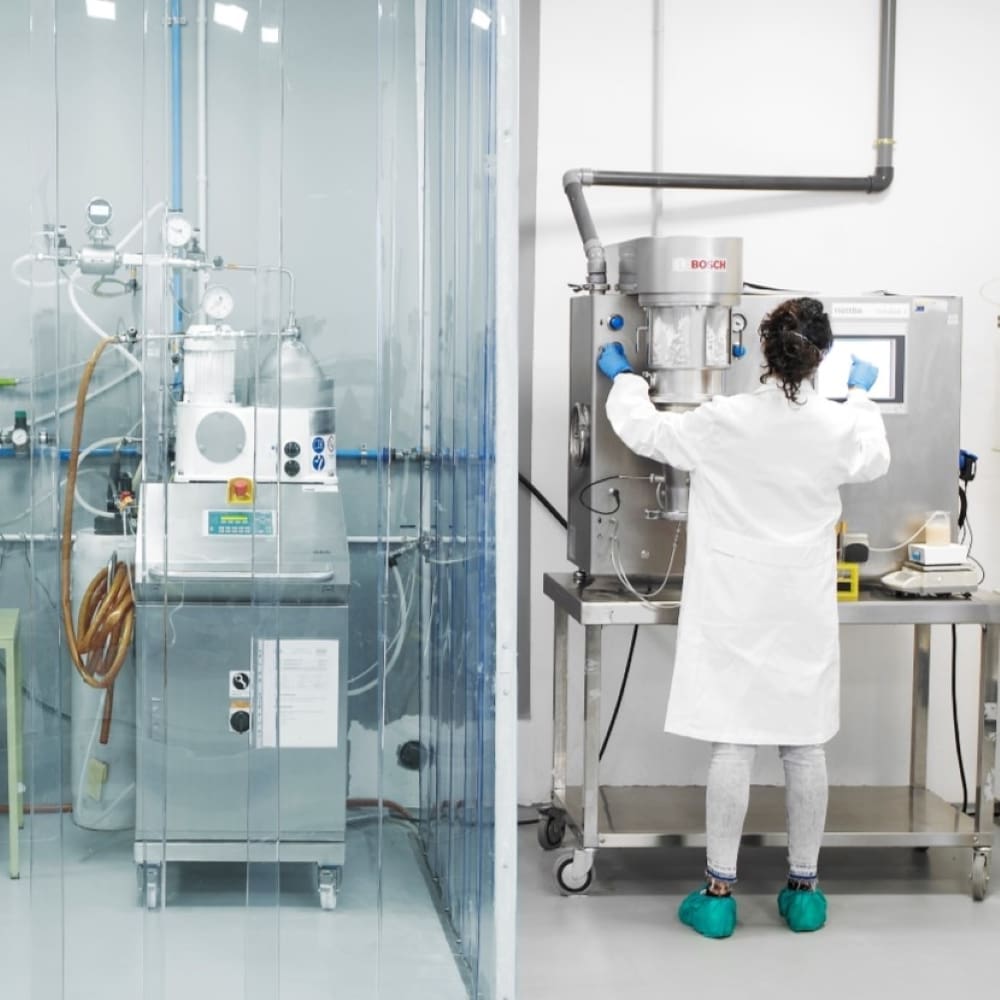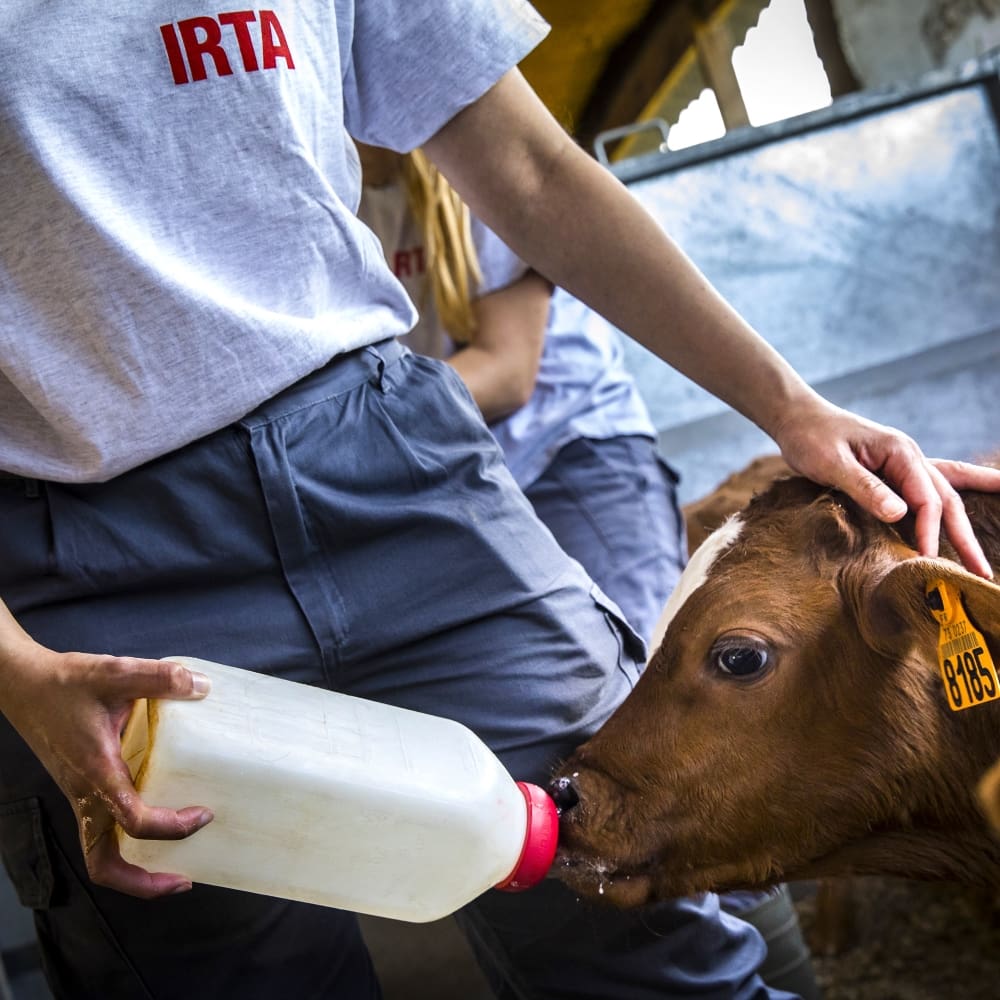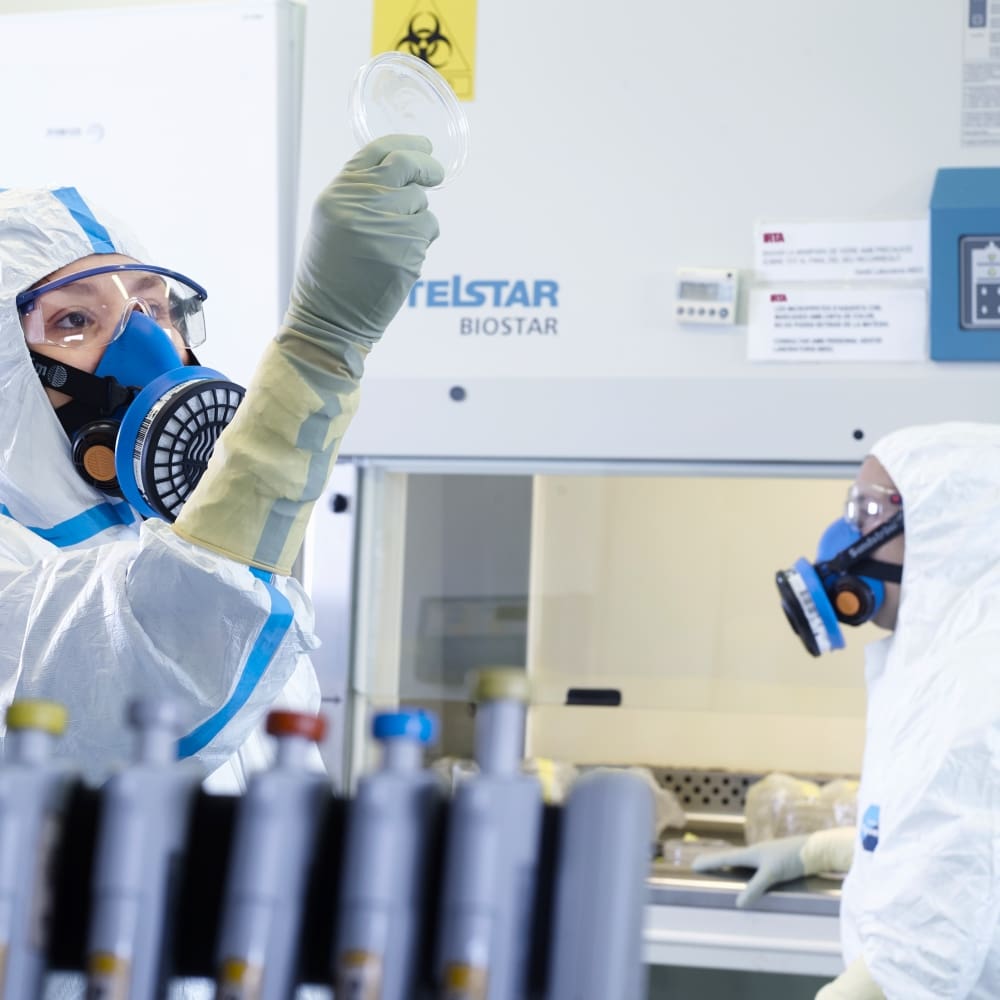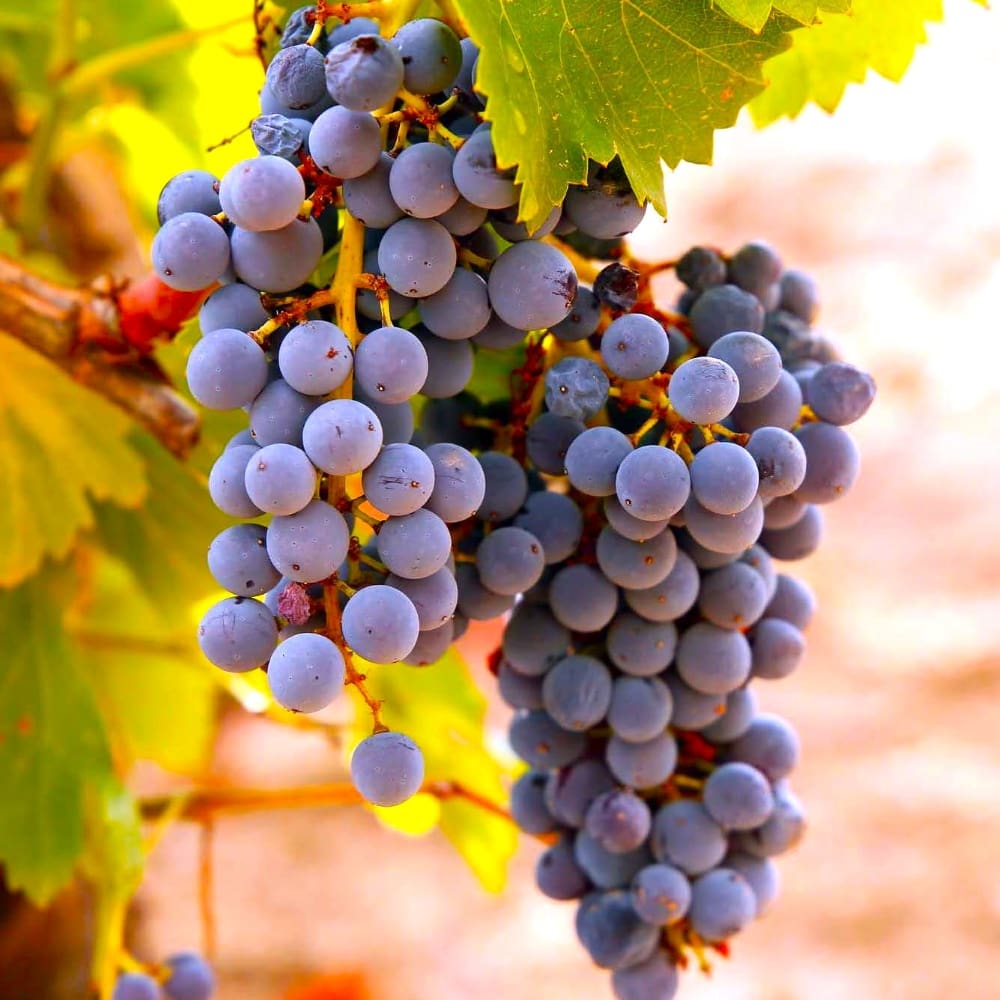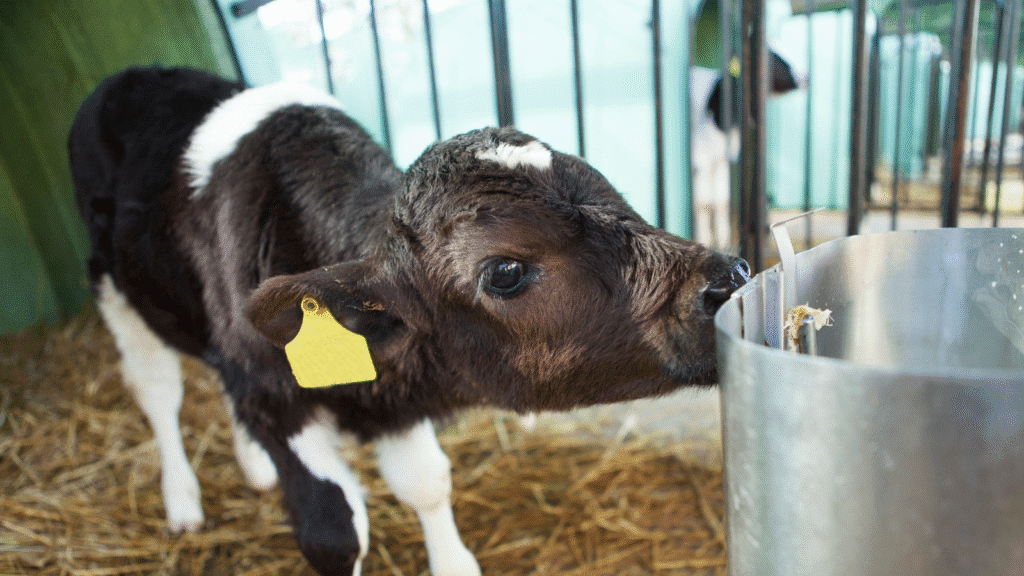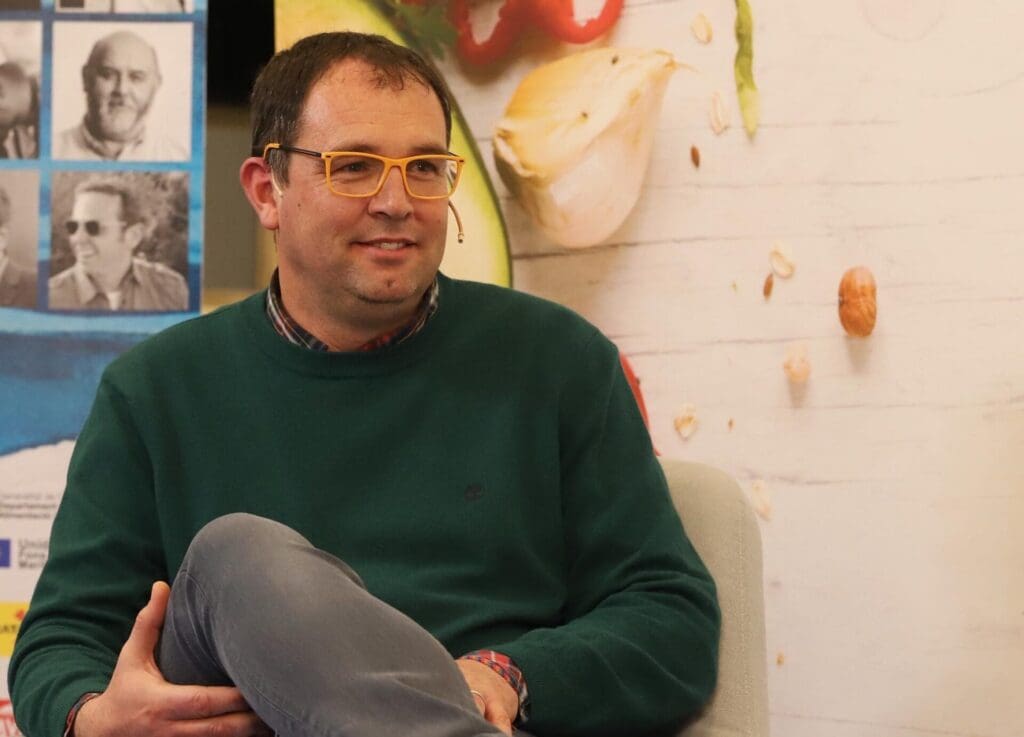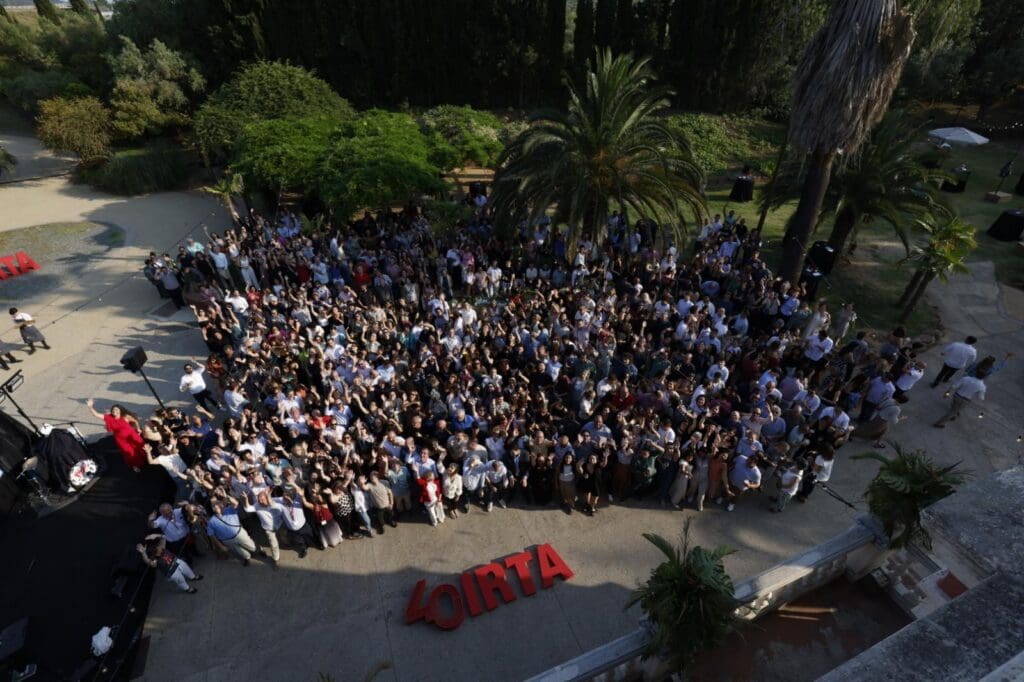We want to boost the alternative protein sector, aligning ourselves with the European Union’s strategy for the protein transition, which seeks to improve the sustainability of the food system and health. With a legal framework established for insect, plant and microalgae proteins, together with interest from the Department of Agriculture, Livestock, Fisheries and Food in the development of these alternatives, we are determined to foster protein ingredient innovation and biorefinery processes, creating a more sustainable and competitive future.
